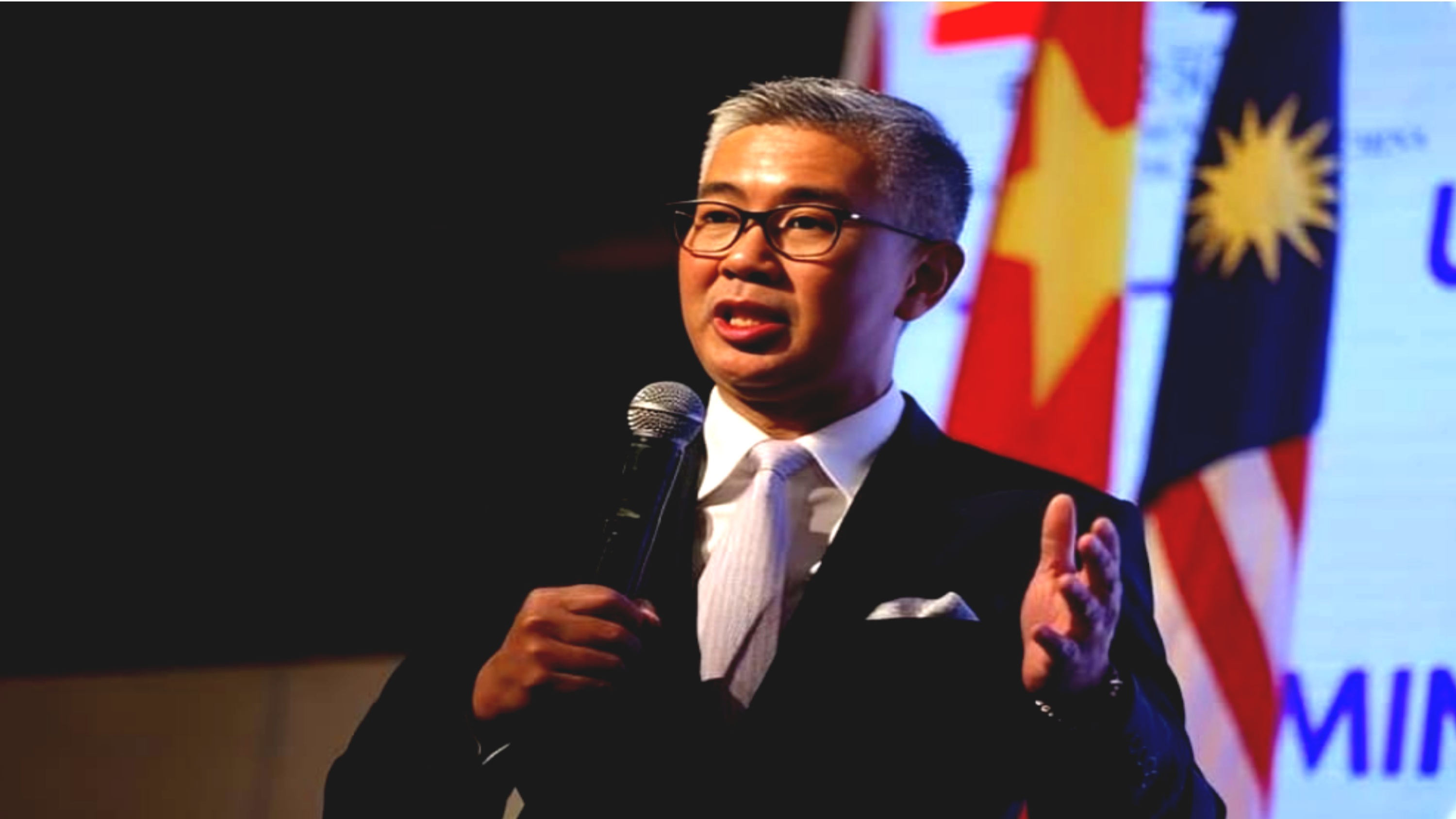KUALA LUMPUR: Malaysia is in discussions with semiconductor companies operating in the country to assess how they might handle potential U.S. tariffs on chips, Trade Minister Tengku Zafrul Aziz revealed in an interview. The talks aim to mitigate risks to Malaysia’s export-driven economy, given its key role in the global semiconductor supply chain.
Malaysia hosts major semiconductor firms, including U.S. giants Intel and GlobalFoundries, and is among the leading exporters of chips to the United States. Last year, the country shipped $16.2 billion worth of semiconductors to the U.S., accounting for nearly 20% of American chip imports.
U.S. President Donald Trump has announced plans to introduce semiconductor tariffs of at least 25%, though the timeline for implementation remains uncertain. Tengku Zafrul stated that Malaysia is monitoring the situation closely, as the extent of the tariffs could significantly affect exports.
"We are discussing with companies whether the additional costs will be absorbed by consumers or if the burden will fall on the companies themselves," he said. However, the government has yet to decide on possible financial assistance to offset the tariffs.
On a separate note, Tengku Zafrul addressed concerns about U.S. export restrictions on advanced AI chips, imposed in the final days of Joe Biden’s administration. He reassured that Malaysia’s growing data center sector, which has attracted investment from Microsoft, Google, Amazon, and Oracle, is unlikely to be significantly affected.
Under the new U.S. regulations, set to take effect in May, American cloud service providers will face restrictions on deploying AI computing power abroad. Only 50% of their total AI computing capacity can be used outside the U.S., with no more than 7% allocated to Malaysia and other nations lacking privileged access.
Despite these limitations, Tengku Zafrul emphasized that Malaysia’s data center industry remains on track for growth. "When we engage with major players like Microsoft, Google, and AWS, they are not concerned because the allocation under these restrictions is sufficient," he said, adding that AI adoption will continue to drive sector expansion.








